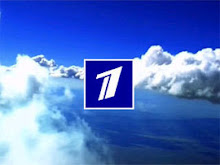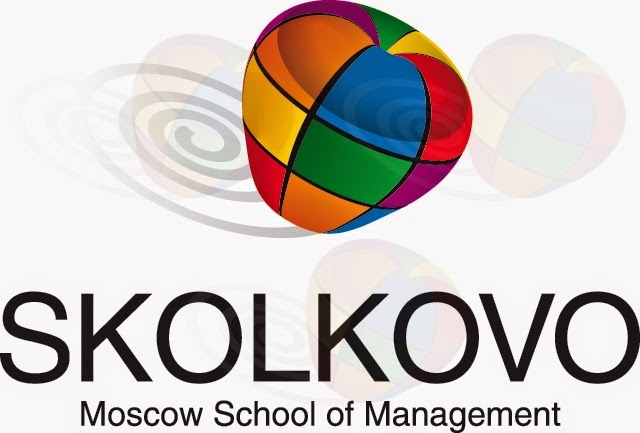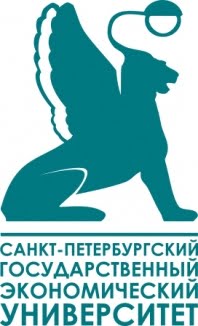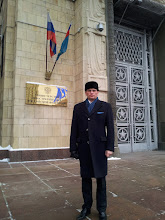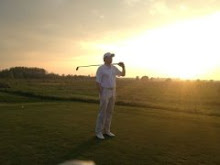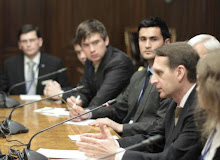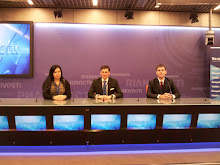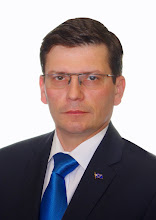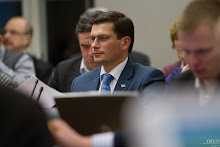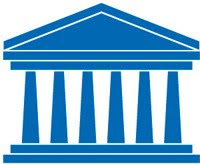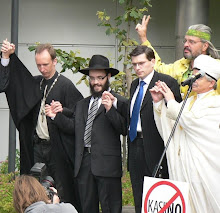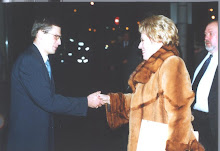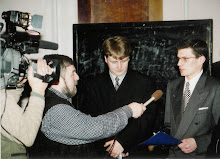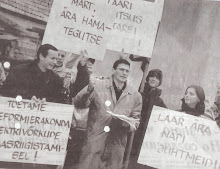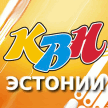According to US-based organization Freedom House, Estonia has taken the first place on Internet freedom among the countries studied, the last is Iran.
Freedom House examined the situation of the Internet freedom in 37 countries and among them, Estonia got the highest result by collecting 10 points on a scale (the scale is 0-100, and the lower the score, the better).
Estonia was followed by USA (13 points), Germany (16), Australia (18), Britain (25), Italy (26), South Africa (26) and Brazil (29). Countries with partial Internet freedom (32-55 points on a scale) were Kenya, Mexico, South Korea, Georgia, Nigeria, India, Malaysia, Jordan, Turkey, Indonesia, Venezuela, Azerbaijan, Rwanda, Russia, Egypt, Zimbabwe, Kazakhstan and Pakistan.
Not Free countries included Thailand (61 points), Bahrain, Belarus, Ethiopia, Saudi Arabia, Vietnam, Tunisia, China, Cuba, Burma and Iran (89 points).
Internet Freedom was studied in three categories: access, content and violation of the user rights.
The country’s report says the number of the Internet and mobile phone users in Estonia has risen steadily over the past 15 years and in 2009, 72 percent of the population used the Internet regularly.
According to Freedom House Estonians use many possibilities the Internet has to offer and it particularly highlighted that 83 percent of the population uses the Internet to communicate with the banks, which is the second highest result in the European Union.
In addition, it was highlighted that the Estonian Public Broadcasting publishes its own programs free of charge and sites such as YouTube, Facebook, LinkedIn, Orkut and many other international portals are popular.
The report underlines that the restrictions on the Internet content in Estonia is among the world smallest. However, it added that due to strict privacy laws in Estonia, the content is sometimes removed – this concerns mostly the commentaries.
The report recalled that in 2008 the dispute began, whether the portals should be responsible for the comments. The court finally decided that the portals must monitor the comments and they are held responsible, but from there on the decision was appealed to the European Court of Human Rights.
It is also mentioned that from 2010 people were banned from unlicensed gambling sites. Freedom House estimates that the large number of Internet users gives the Estonian government unique opportunities, for example the President has his own Youtube channel.
The report also points out that bloggers or online journalists have not been under attack in Estonia, but sometimes there are heated discussions in the commentaries.



